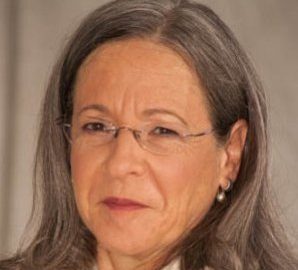In In re Cloobeck, 14 C.D.O.S. 5982, No. 23-15432 (9th Cir. June 12, 2015), the United States Court of Appeals for the Ninth Circuit ruled that a chapter 7 bankruptcy trustee must notify creditors, set a hearing or opportunity for a hearing and obtain bankruptcy court approval as a condition of paying taxes incurred by the bankruptcy estate. Specifically, a trustee must obtain court approval both as to the appropriate amount of taxes and authority to pay the taxes.
Bankruptcy Code Section 503(b)(1)(B) affords administrative priority to tax claims against the estate. A creditor objected to the trustee’s payment of estate taxes more than two years after apparently learning of the payment, arguing that Section 503(b) requires “notice and a hearing” before payment of administrative expenses.
The trustee argued that this would be inconsistent with Internal Revenue Code (26 U.S.C.) Section 6012(b)(4), which provides that: “Returns of an estate, a trust, or an estate of an individual under chapter 7 or 11 of [the Bankruptcy Code] shall be made by the fiduciary thereof.” Moreover, the trustee must ordinarily pay federal taxes on time. 28 U.S.C. § 960. Also, Section 503(b)(1)(D) excuses the government from filing a request for payment of an administrative expense, unlike other creditors.
The bankruptcy court rule in favor of the trustee. On appeal, the district court affirmed and determined that the creditor’s objection was untimely. The creditor appealed to the Ninth Circuit.
The Ninth Circuit reversed and remanded for further proceedings. Specifically, the court ruled that the trustee must notify creditors and set a hearing, or provide an opportunity for a hearing, and must also obtain court approval both as to the appropriate amount of taxes and authority to pay the taxes. The court explained that a trustee must pay taxes in time, even if the IRS does not file a request, and must also provide notice and an opportunity for hearing. Judge Wallace concurred in the result but write separately to voice concerns over the timeliness of the creditor’s objection.
Although many chapter 7 trustees already seek court approval prior to paying large or disputed tax claims, this ruling may cause administrative headaches and increase costs when it comes to small and routine tax claims, such as the $800 California minimum franchise tax. Perhaps trustees can work with local bankruptcy judges to streamline approval of such payments.
About the author:
Reno F.R. Fernandez III is a partner with Macdonald | Fernandez, a bankruptcy, turnaround and insolvency litigation firm with offices in San Francisco and Modesto, California. Follow him on Twitter at @CalBKAttorneys.





